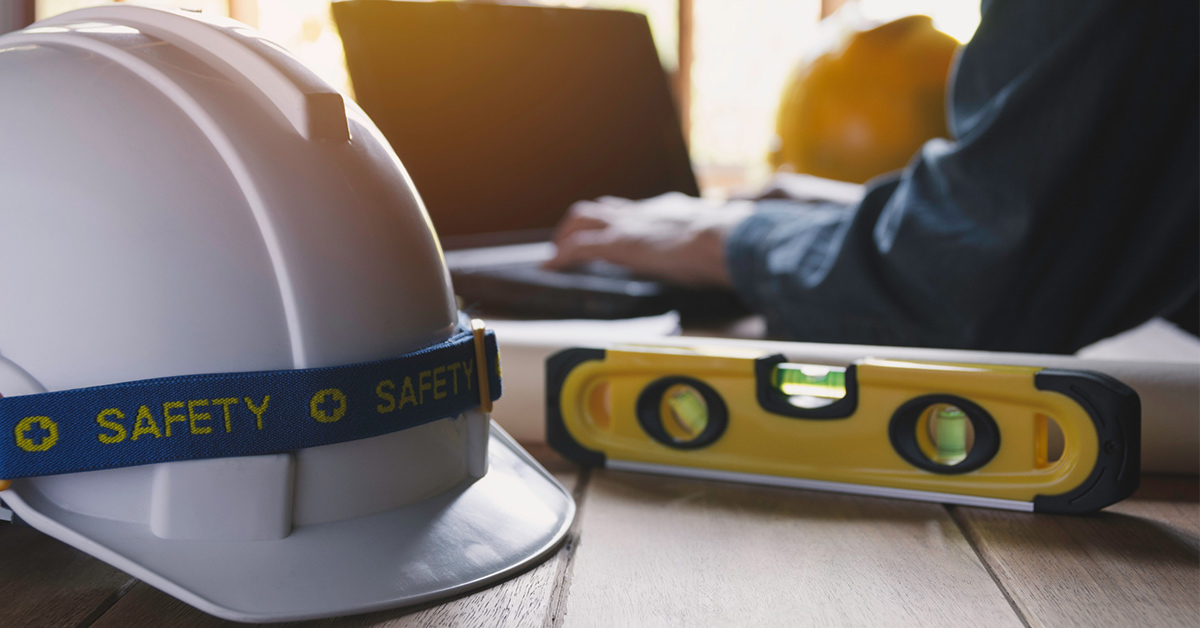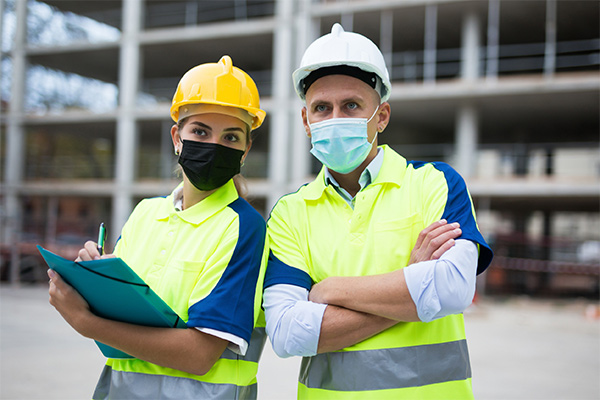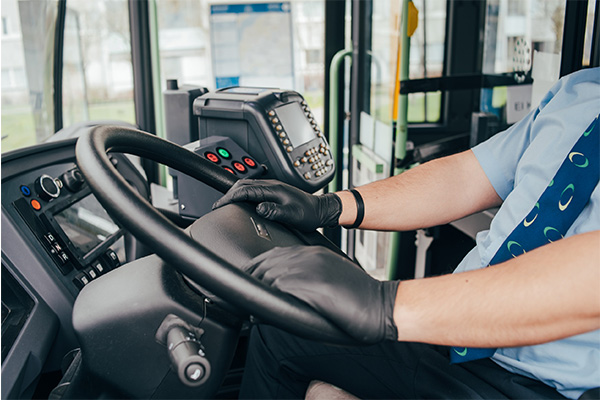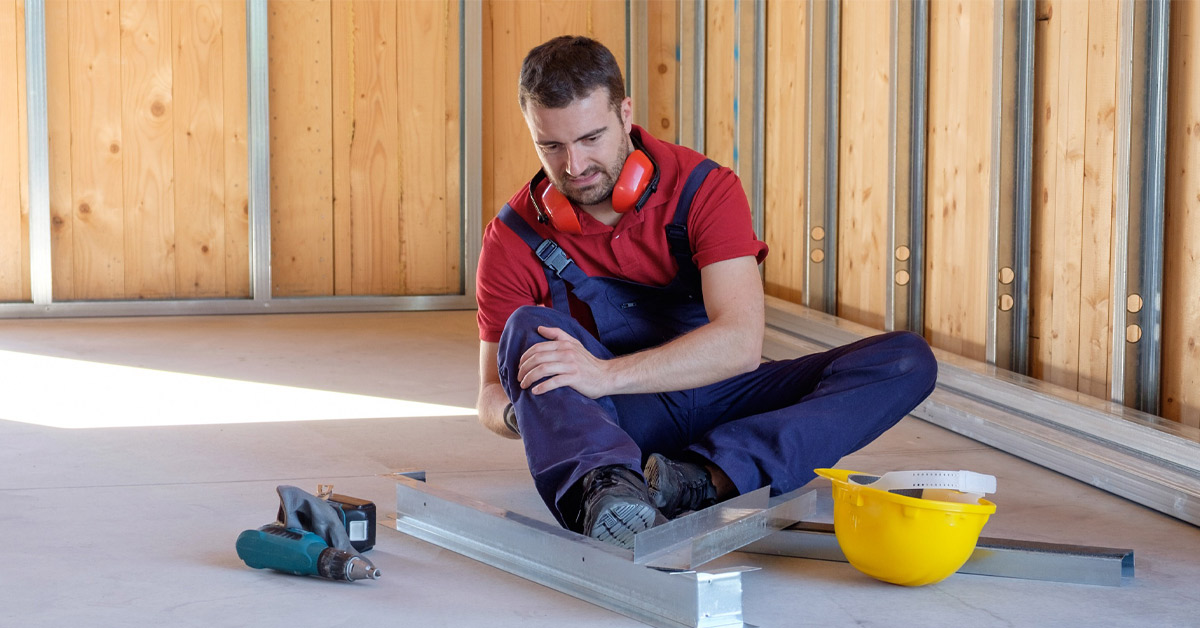When it comes to workplace health and safety, there is more than what meets the eye. On one hand, there are the costs of accidents and work-related illnesses and their impact on the other employees’ schedules. On the other hand, there are the costs of implementing a workplace health and safety strategy aimed precisely at preventing such accidents and musculoskeletal disorders.
At Shoes For Crews, workplace health and safety is one of our top pillars. If an employee is injured and unable to work, this can have a major impact on your staff. In some serious cases, entire workflows can be disrupted while an employee recovers. That is why, in this article, we will discuss the direct and indirect costs of health and safety in the workplace, how to calculate them and the true cost of implementing a safety strategy.
Direct vs indirect costs of workplace accidents
Conditions such as musculoskeletal disorders, sprains and strains can result from poor posture and handling techniques. Your employees need to be protected from falling or moving objects as well as regular aches and pains from standing for long periods of time. You can learn more about the costs of such injuries in a previous post where we discussed the hidden costs of slips, trips and falls in detail. We will briefly touch on some of them again in this section for your review.
Direct
- Repair and remodels
- Lost-time wages
- Replacement of equipment
- Loss of production or delay
- Lack of essential employees or shortage of drivers
Indirect
- Loss of productivity and working days lost
- Decreased employee motivation and morale
- Hiring and training costs
- Investigation of incident or premises
- Property damage
- Impact on company reputation
How to calculate the total cost of health and safety in the workplace
Measuring the total cost of workplace health and safety is essential for your organisation to understand the financial impact of accidents and to take steps to reduce them in the future. There are several methods for determining the direct and indirect costs associated with workplace accidents. The following are the most common:
- Risk Management Approach (a calculation of the total prevention and accident costs)
- Human Capital Approach (an estimation of the value of a worker’s contributions)
- COI (Cost of Illness) Approach (the most comprehensive view of all associated direct costs)
According to the Health and Safety Executive (HSE), the total cost of self-reported workplace injuries and illness in 2019/20 was £18.8 billion, with injuries accounting for 40%.
Costs of implementing health and safety measures
Legally, employers are obligated to implement safety measures and programs to ensure a secure working environment. It is standard practice to perform regular safety audits, risk assessments and evaluations. While each organisation is different, here are some of the most common costs your company could incur from the implementation of a formal workplace health and safety program:
- PPE (Personal Protective Equipment)
- Drafting policies and safe work procedures
- Routine inspections
- New worker training courses
- Ongoing training for staff
- Regular health and safety meetings
- Reporting and investigating incidents
- Continuous review of policies and protocols






